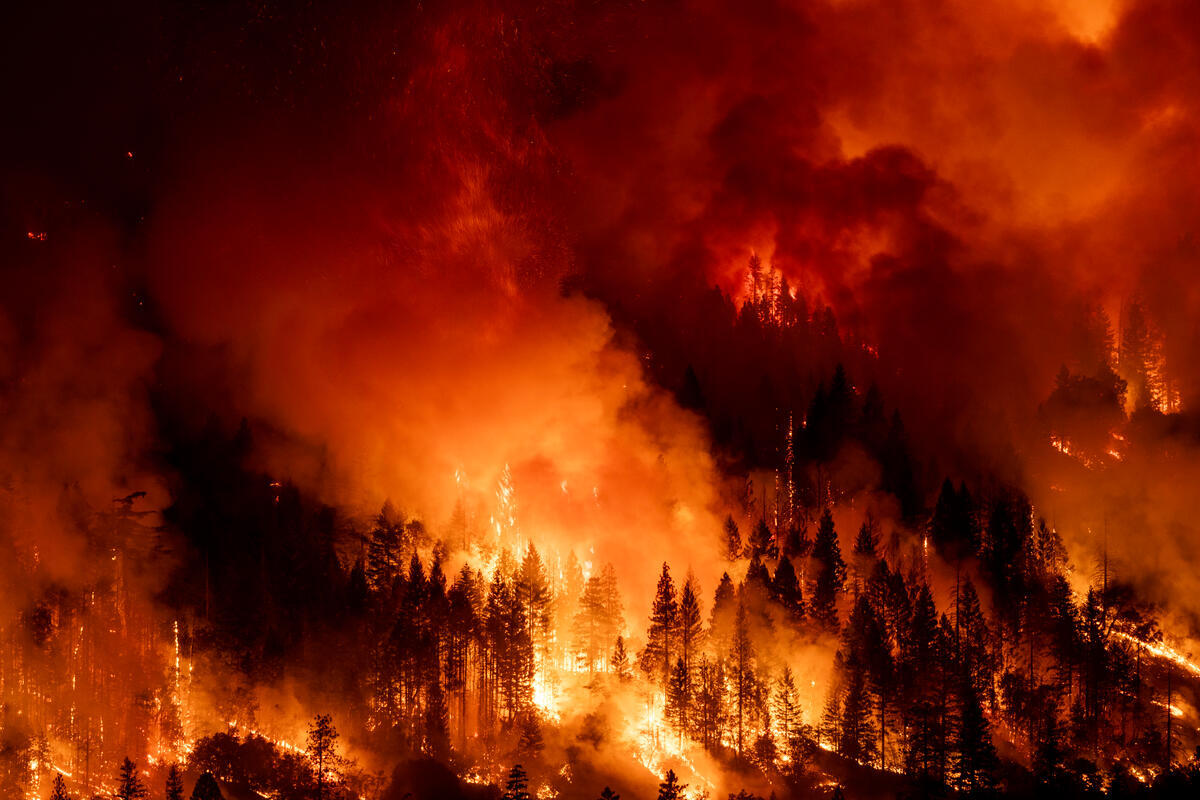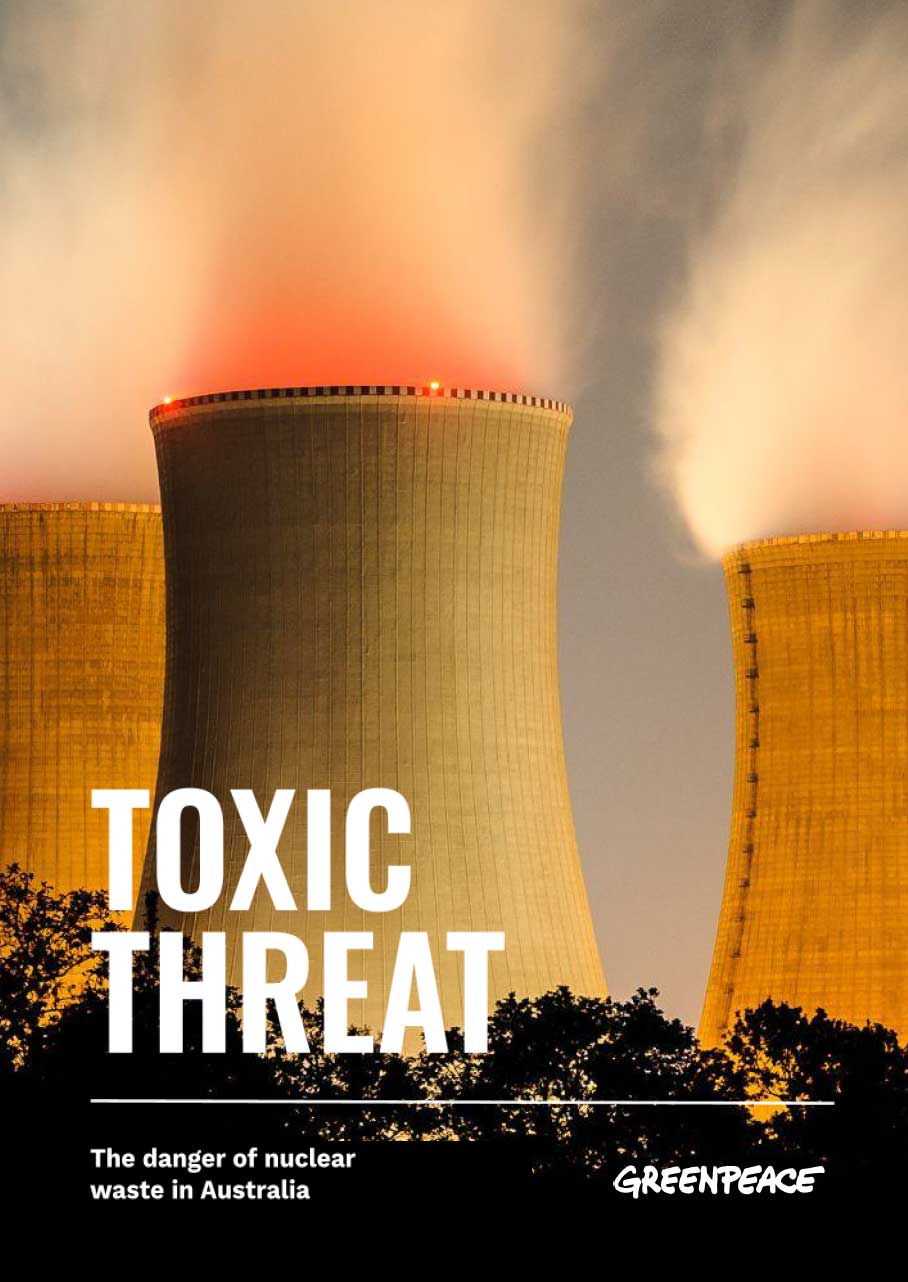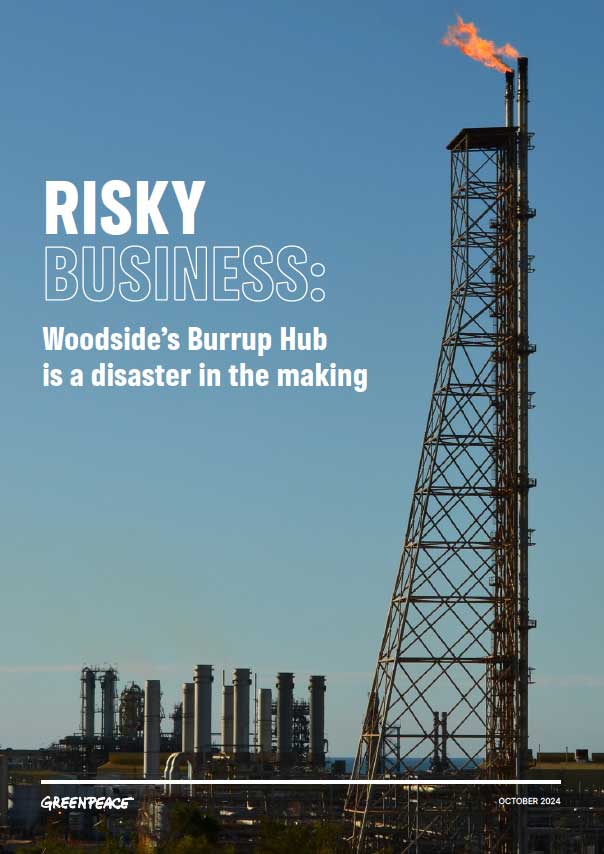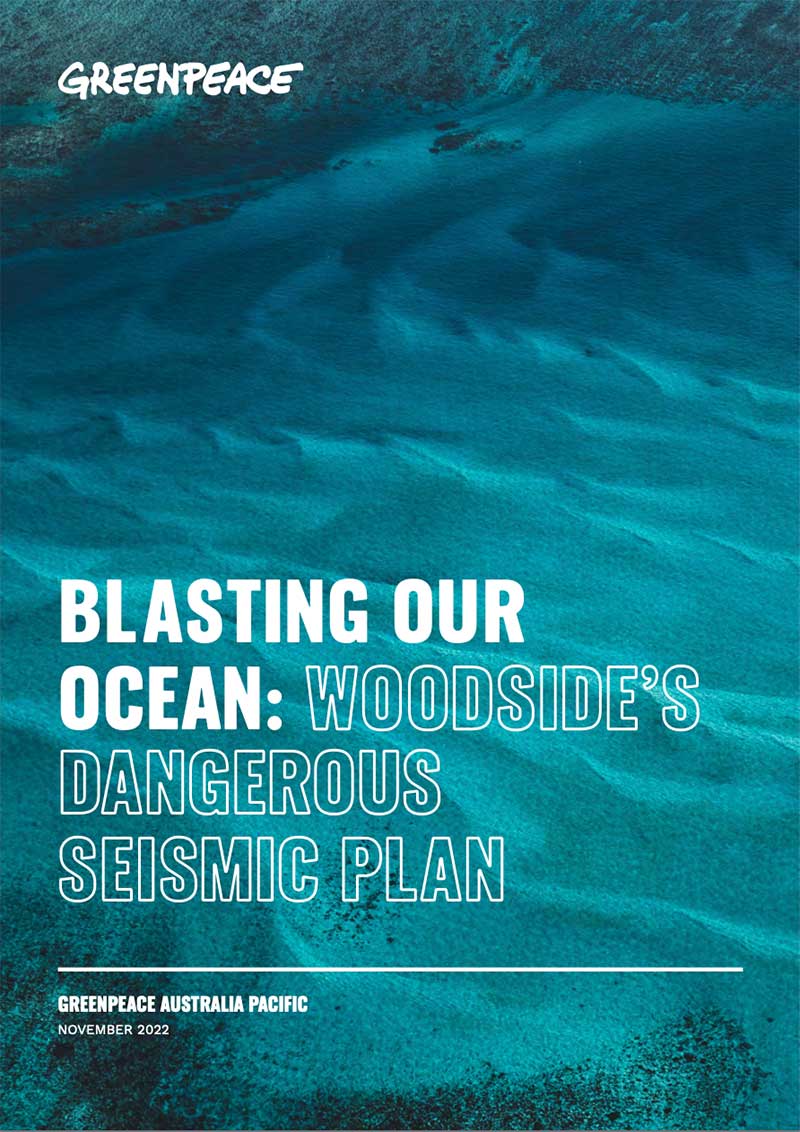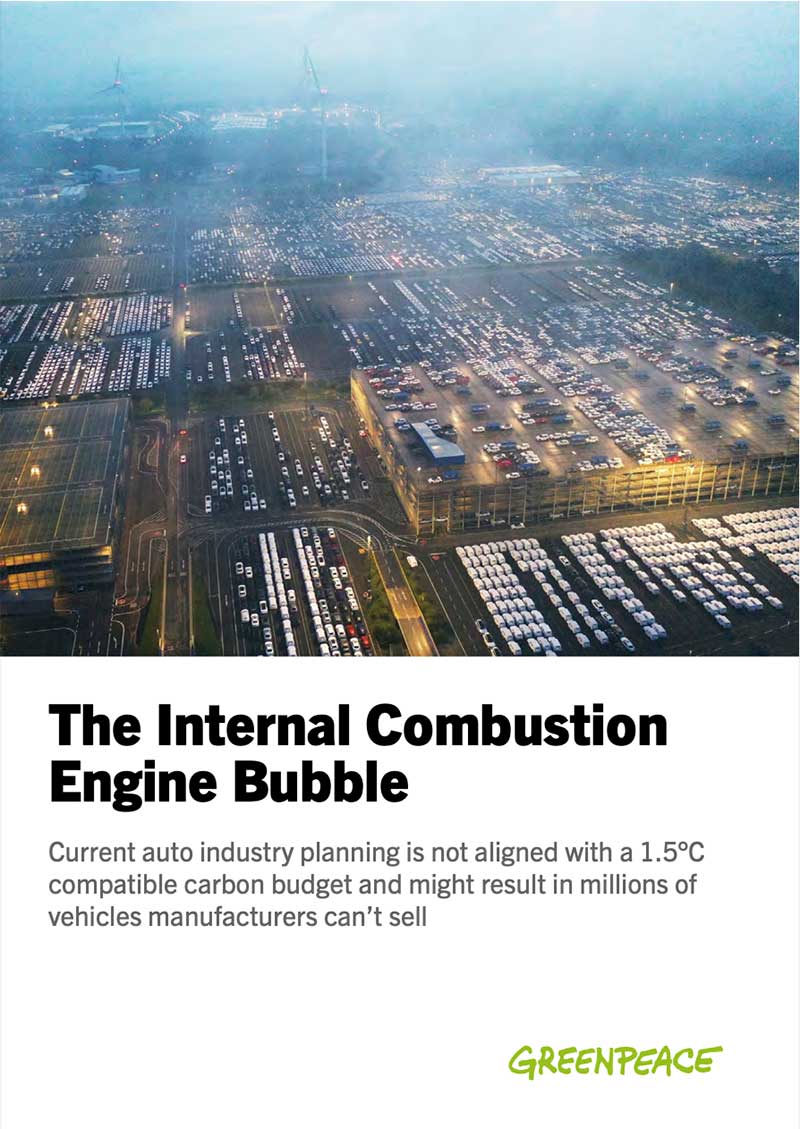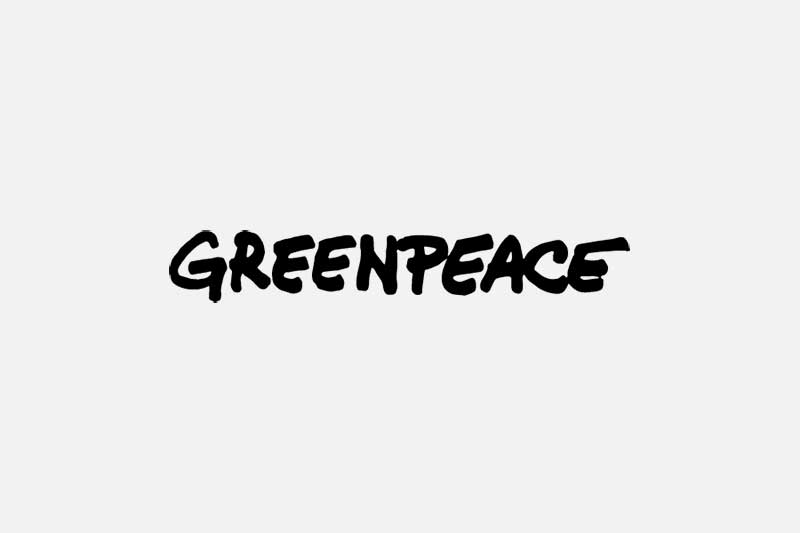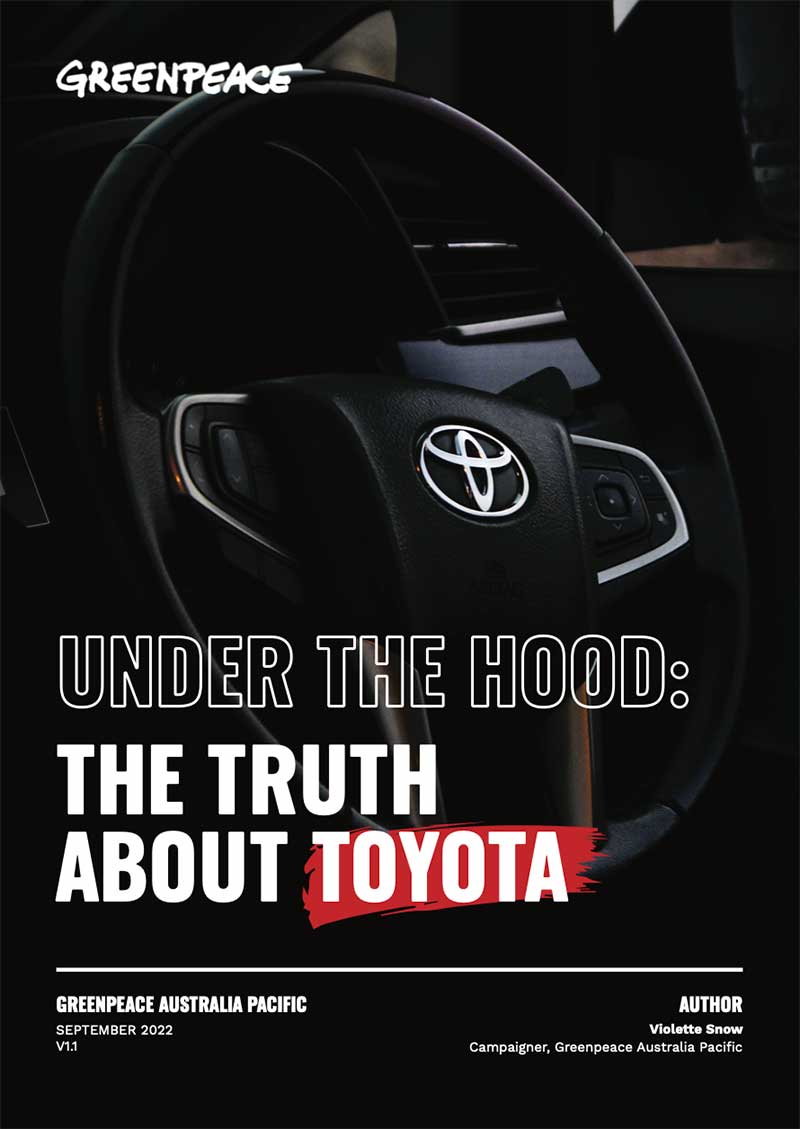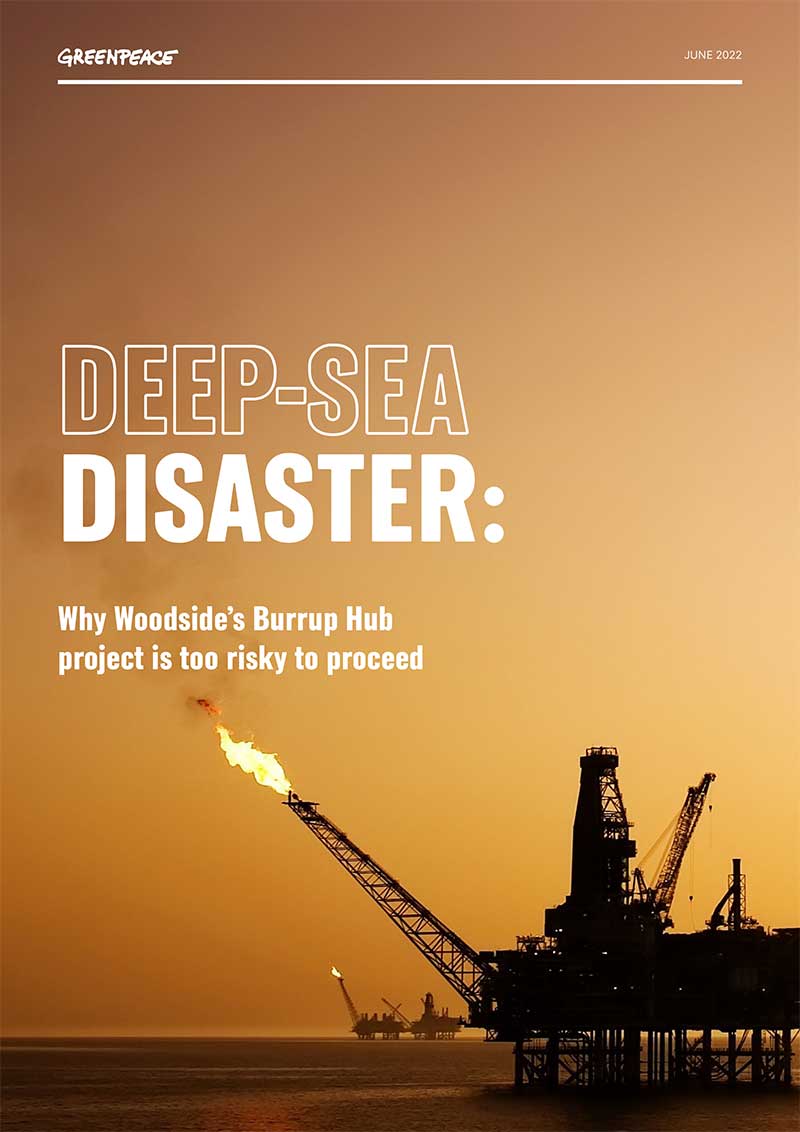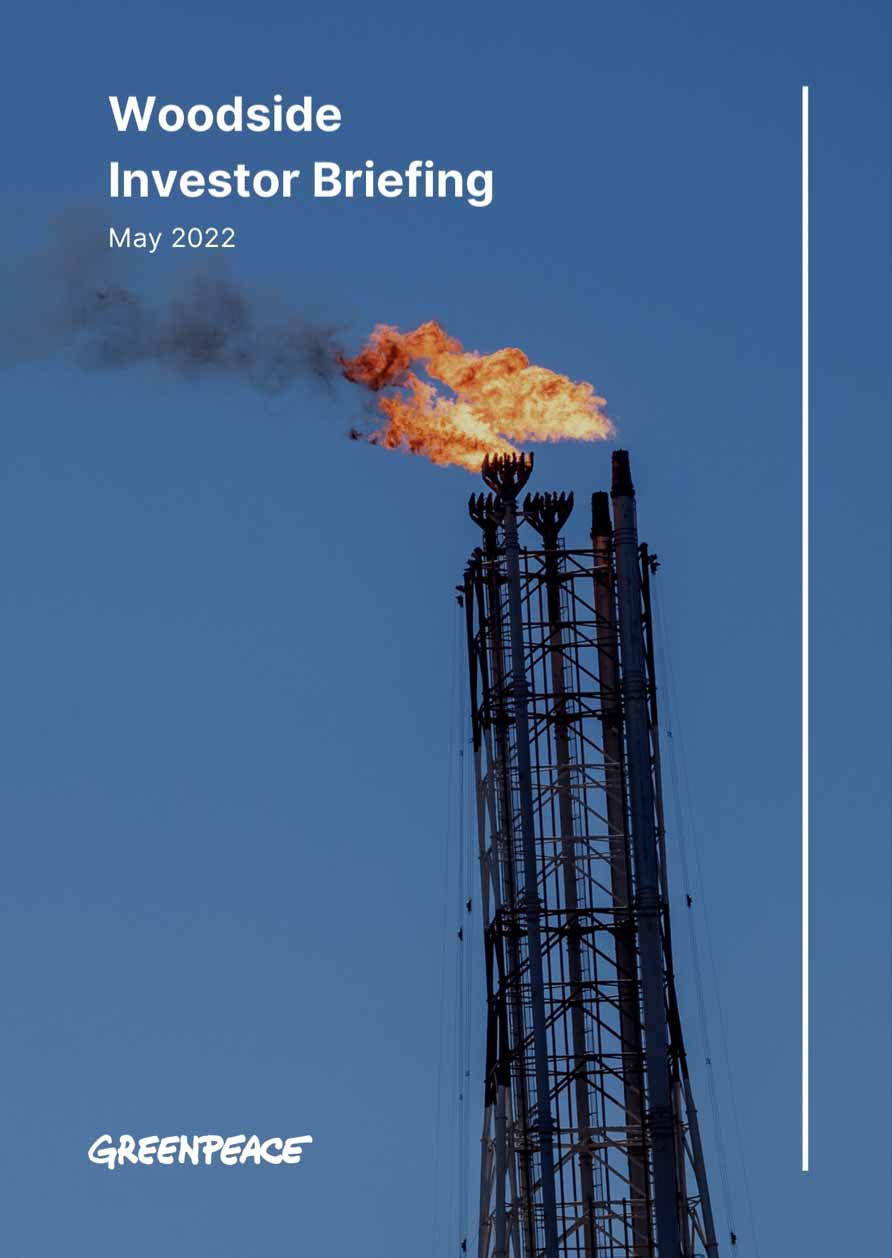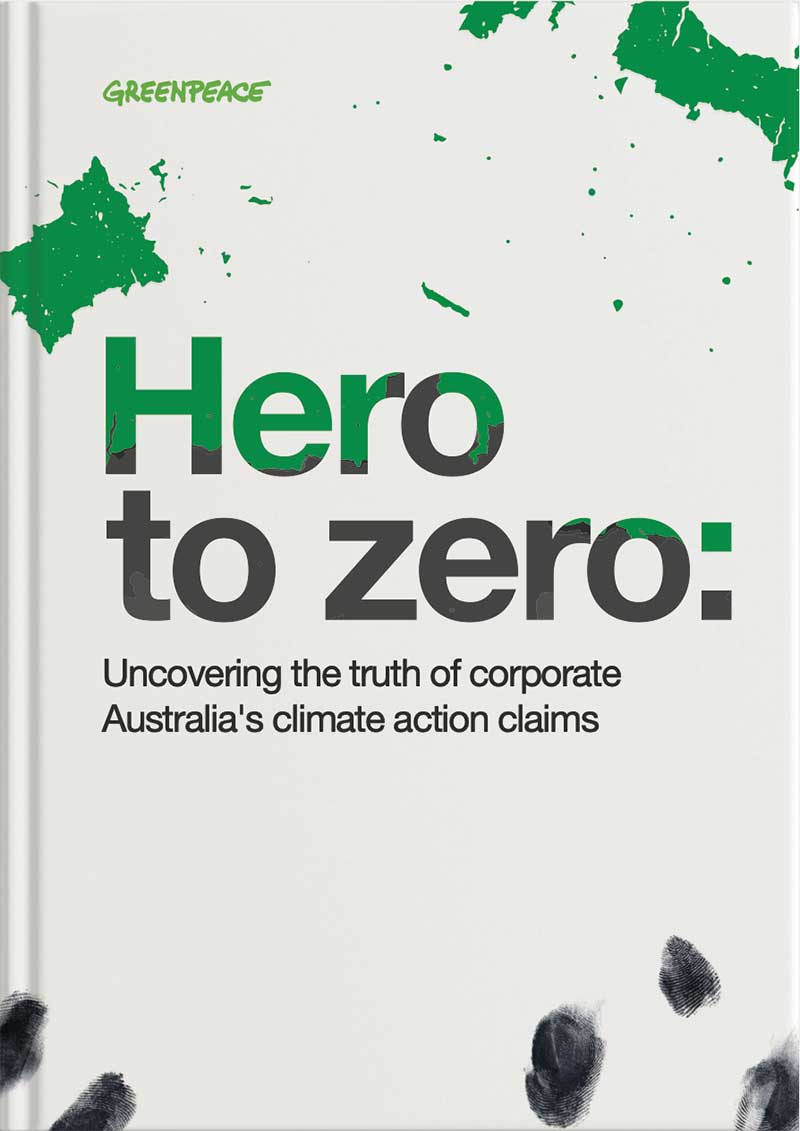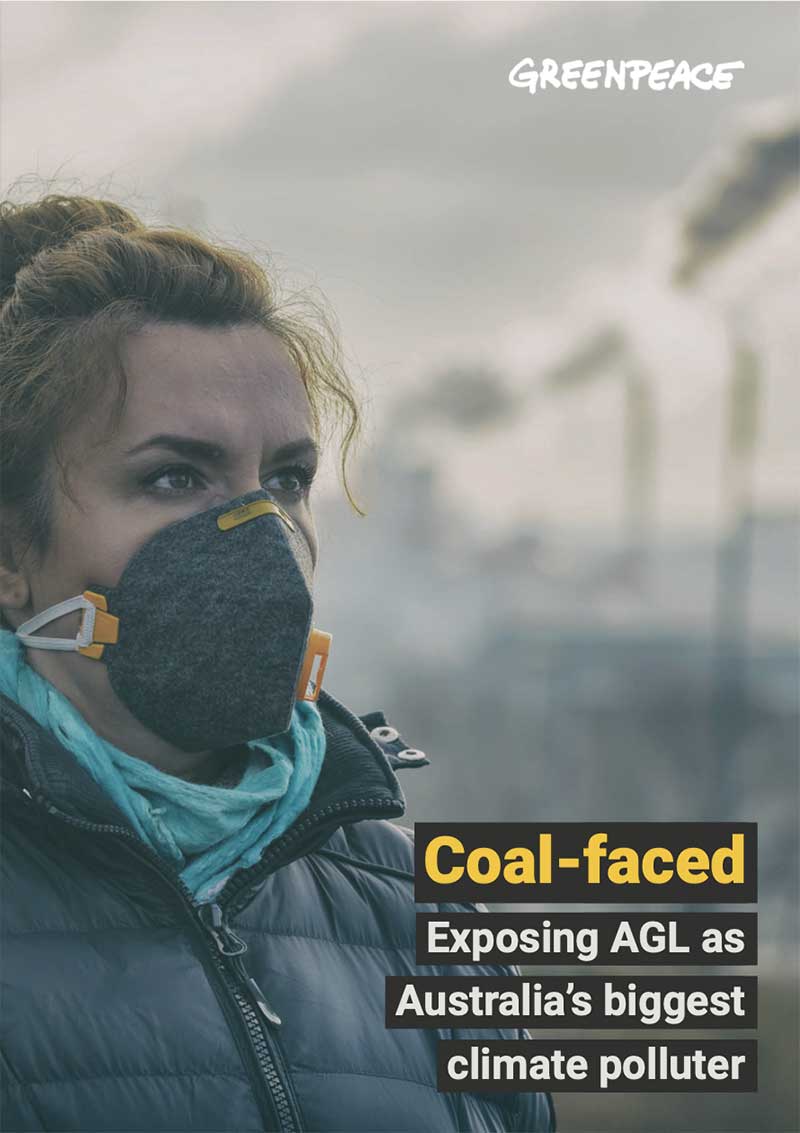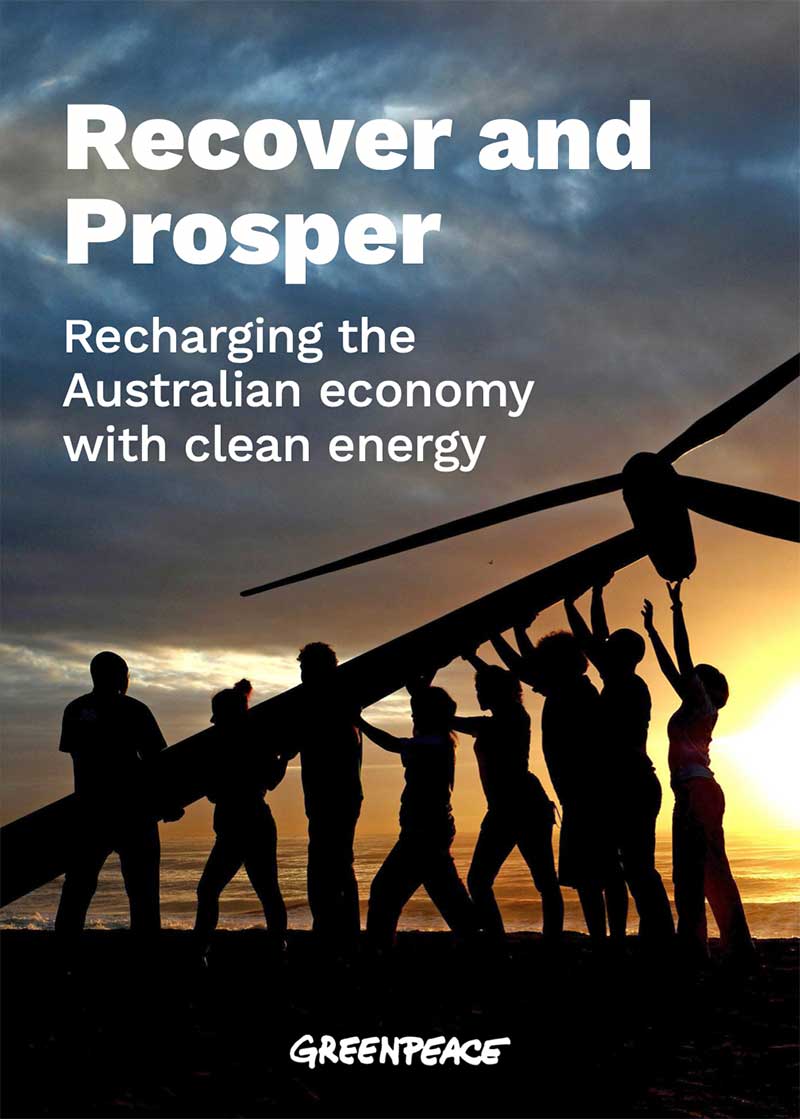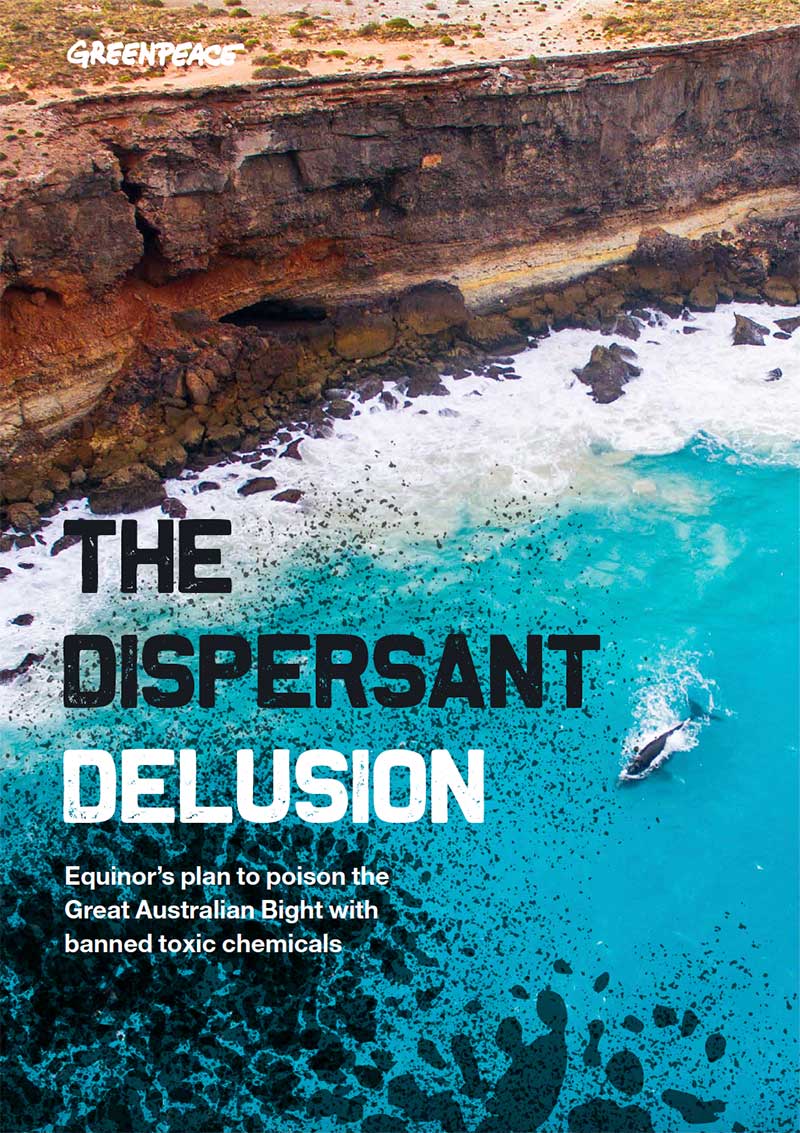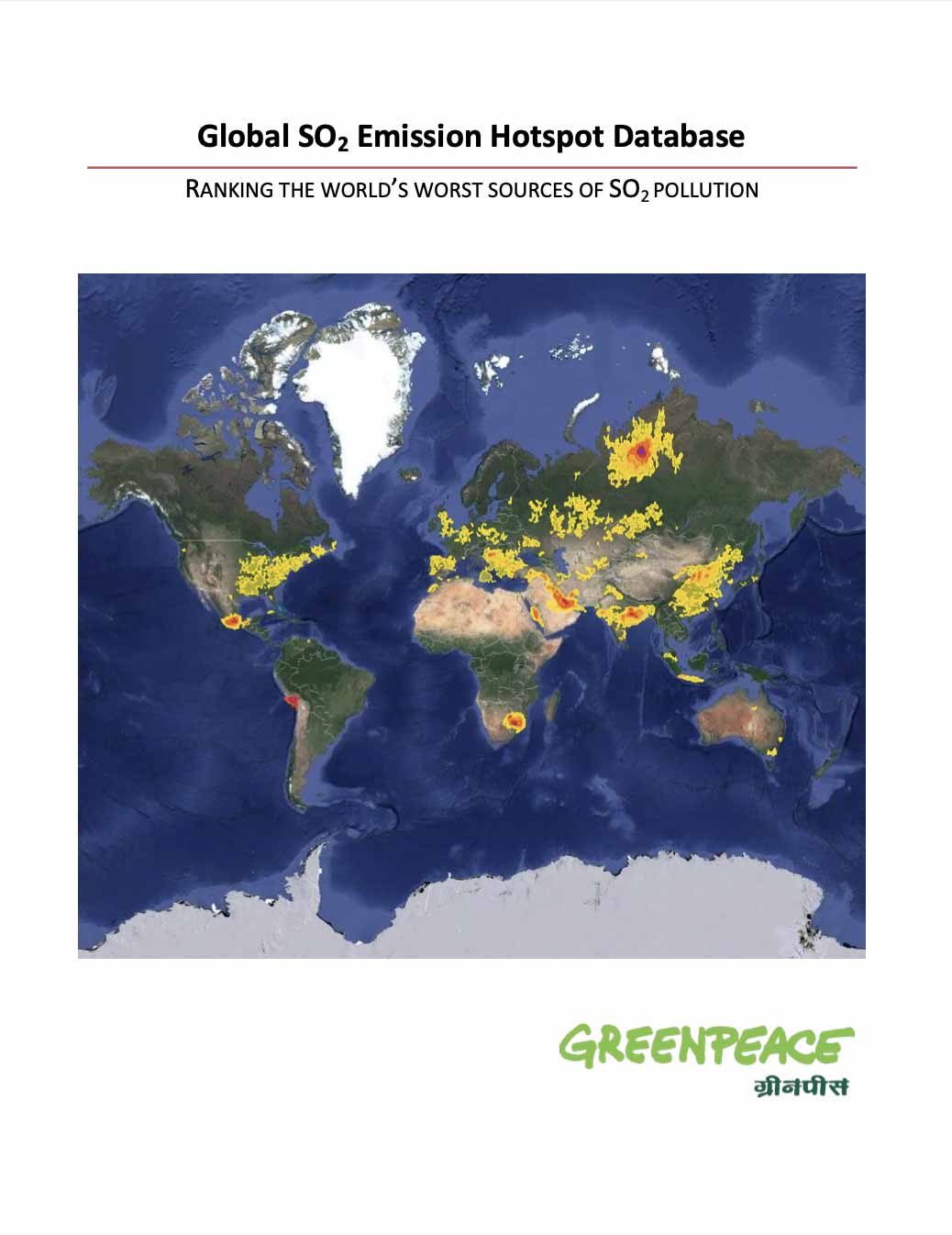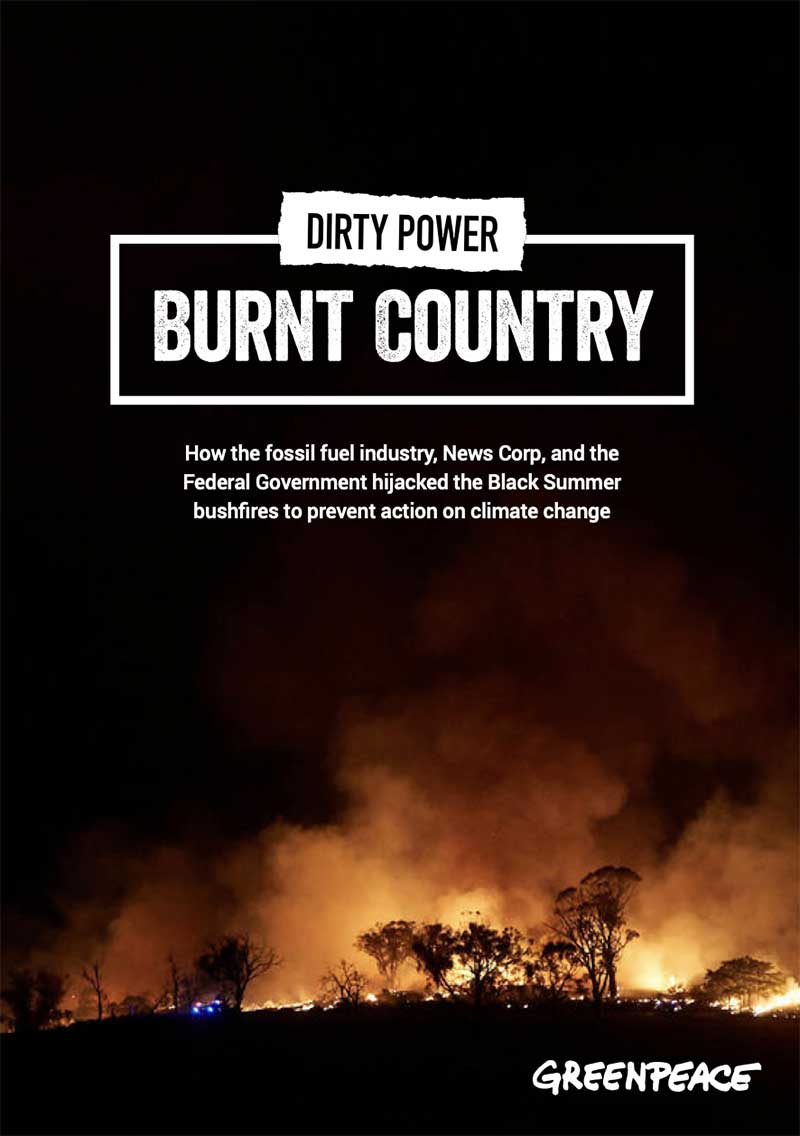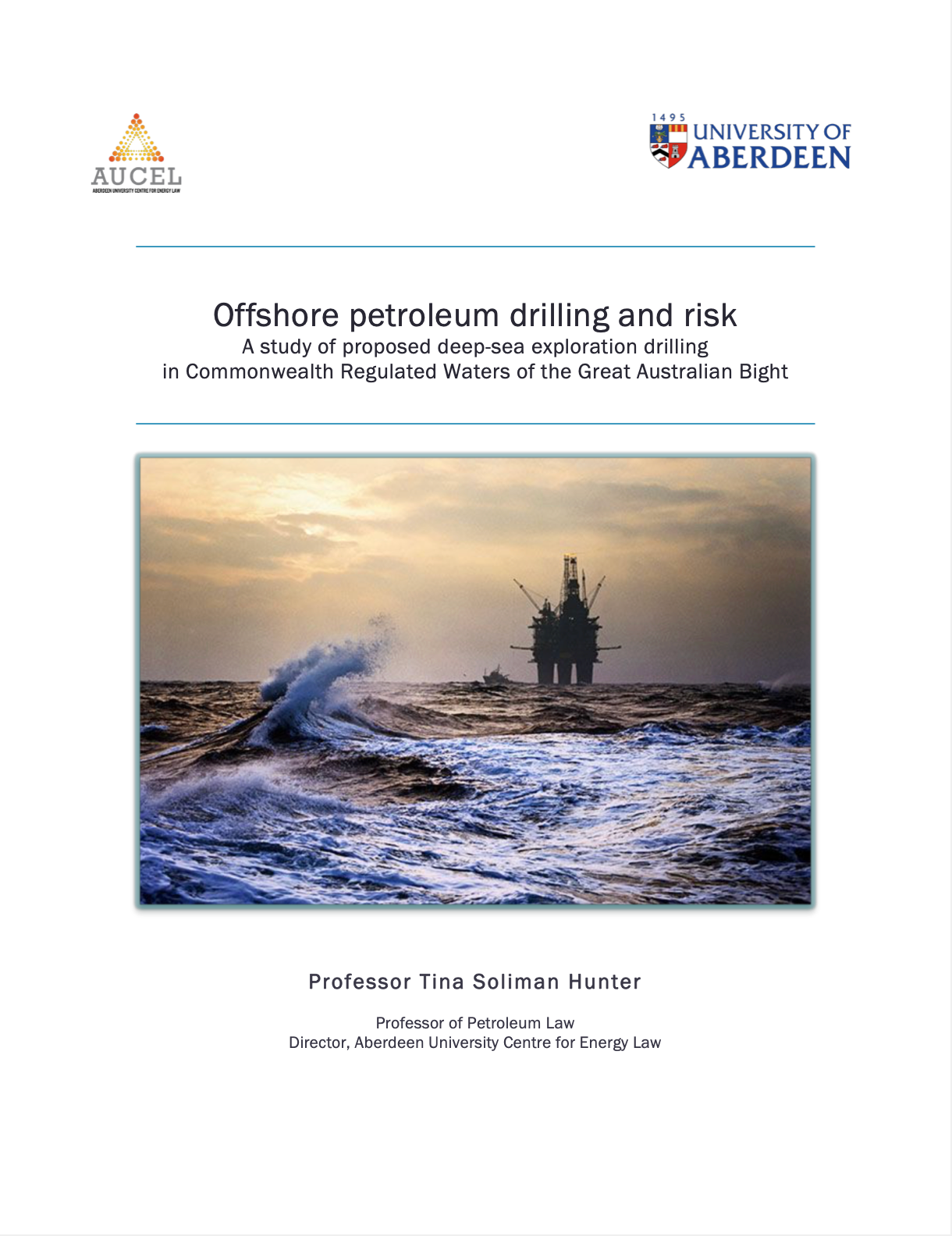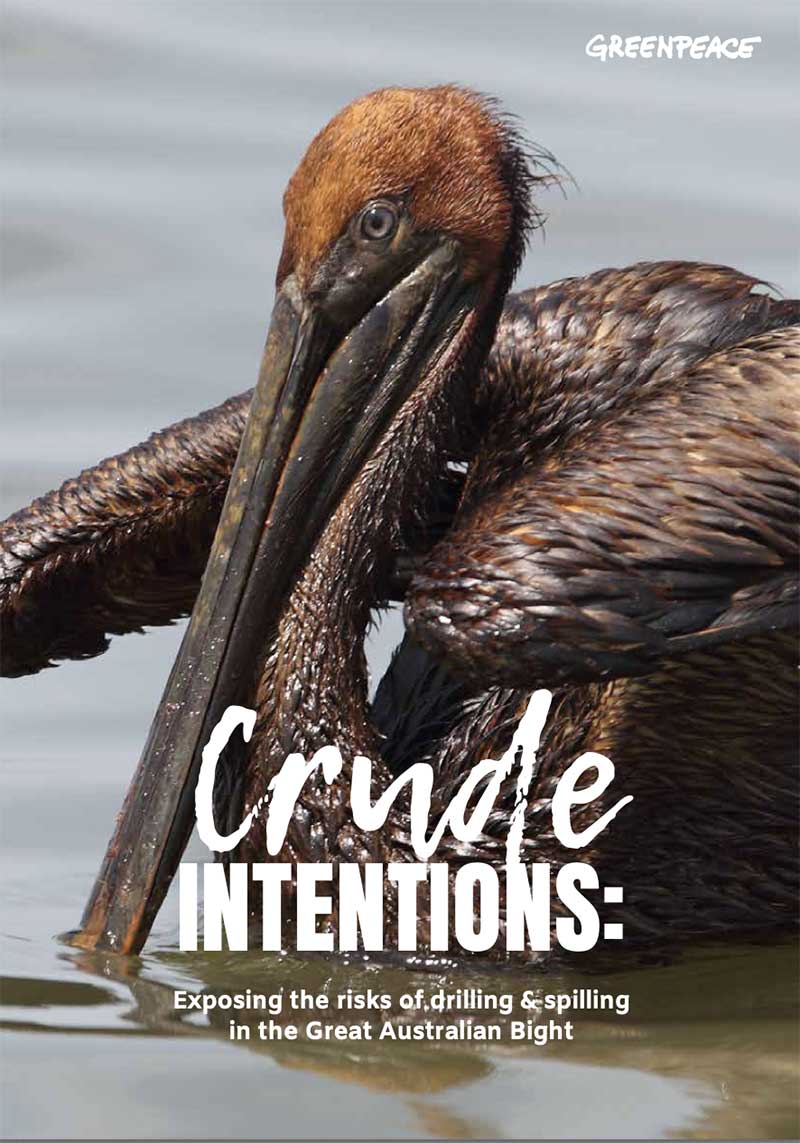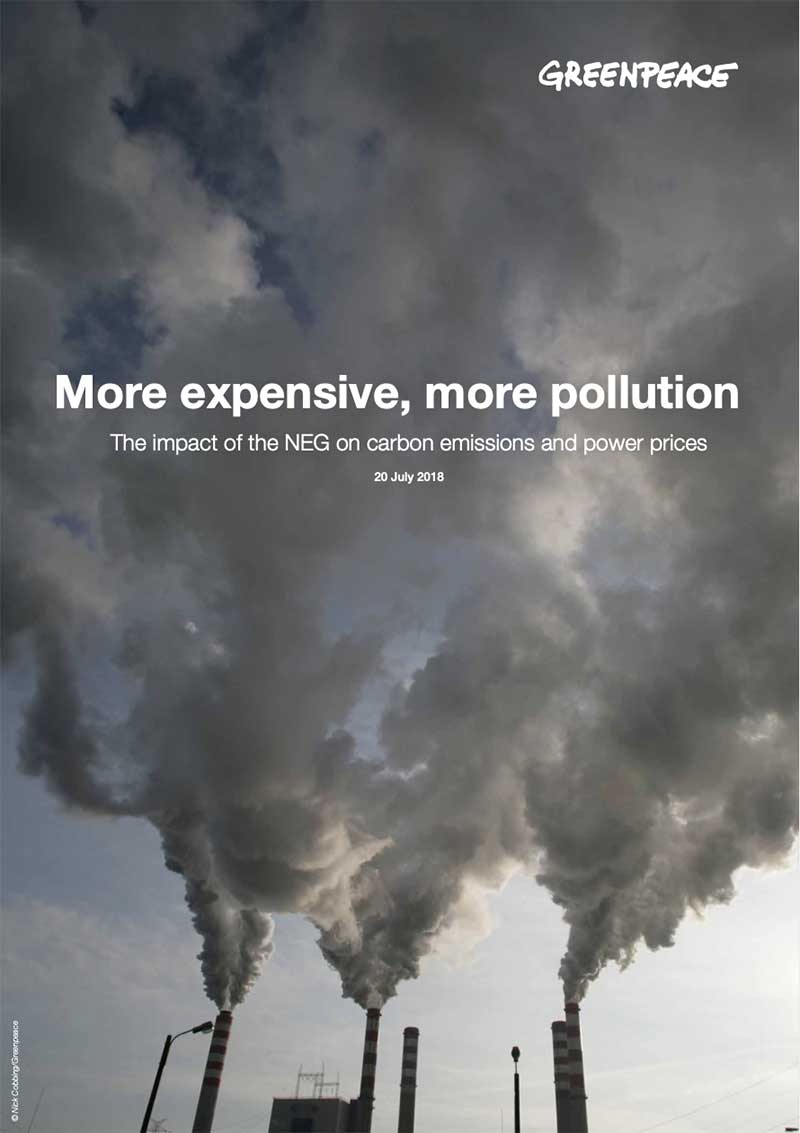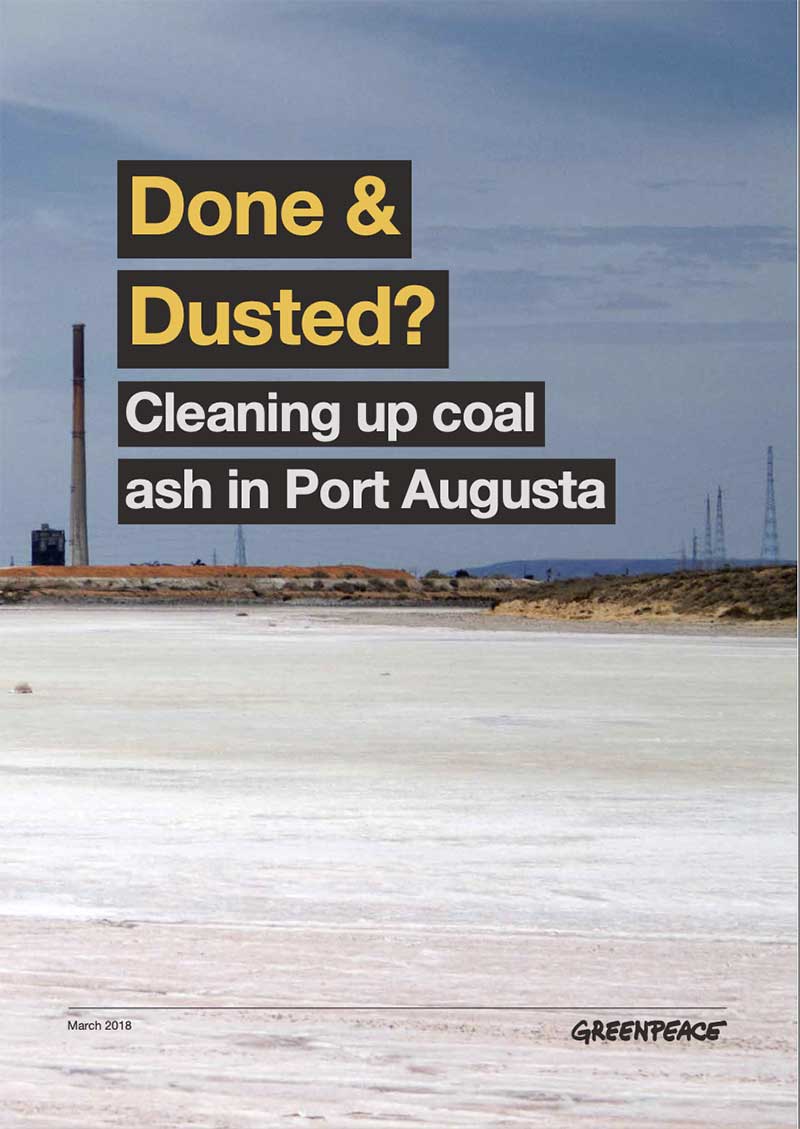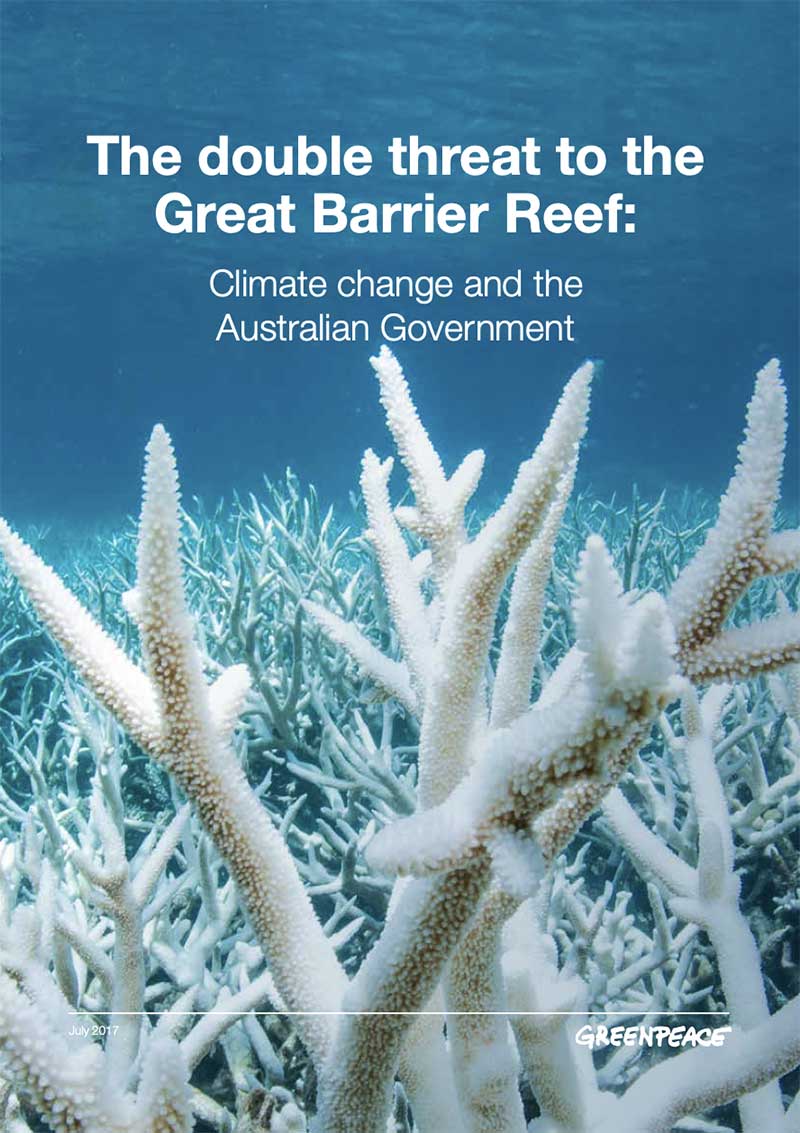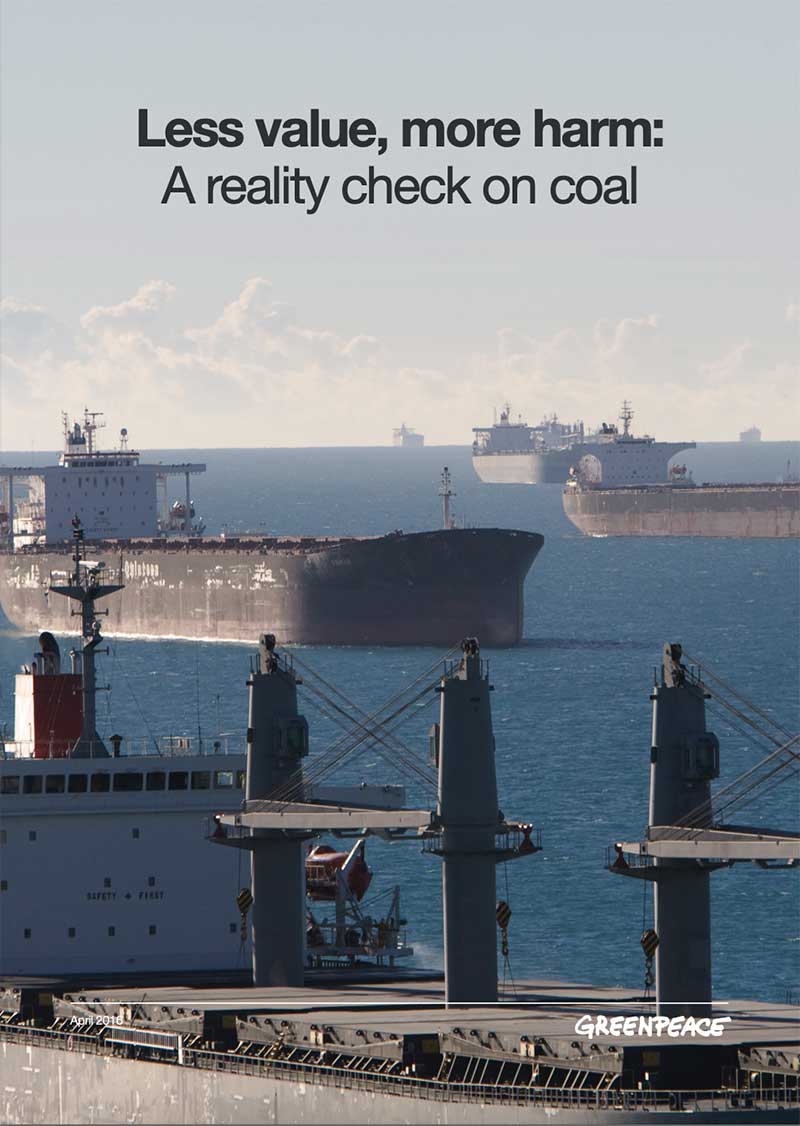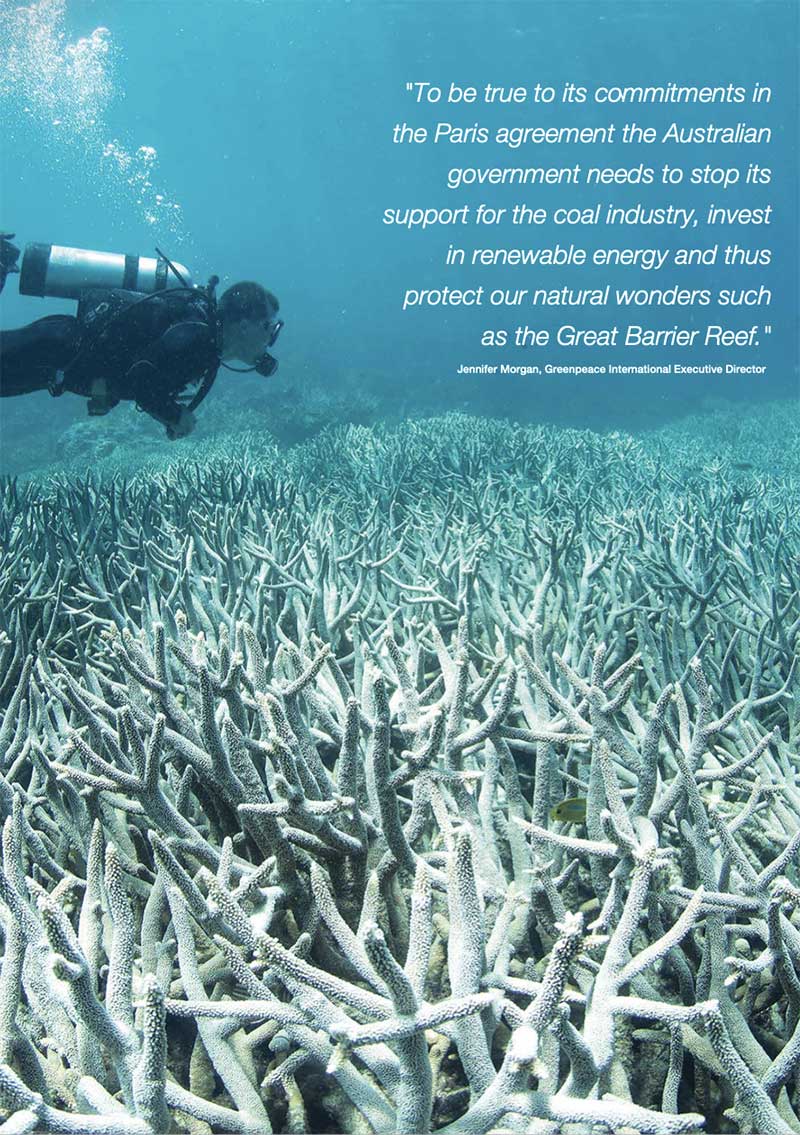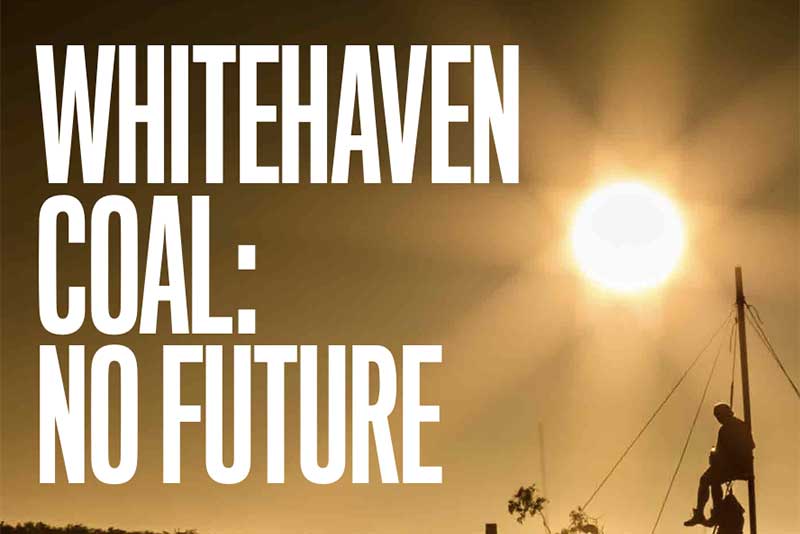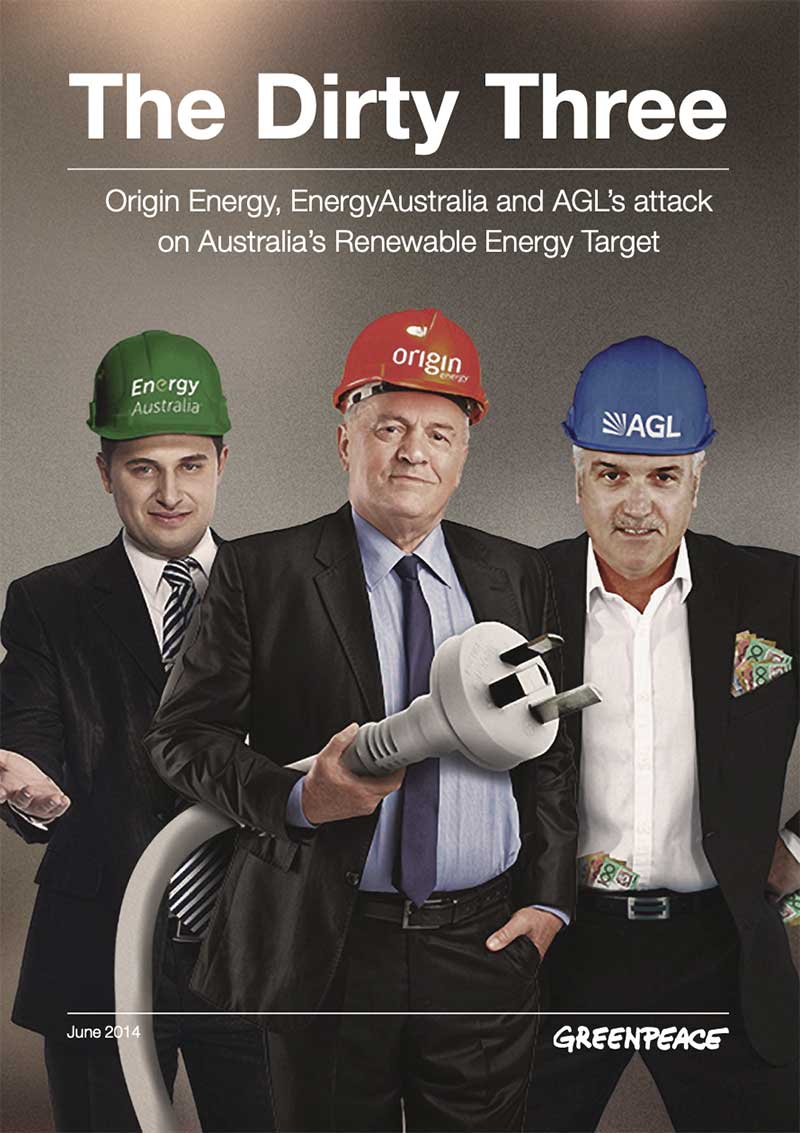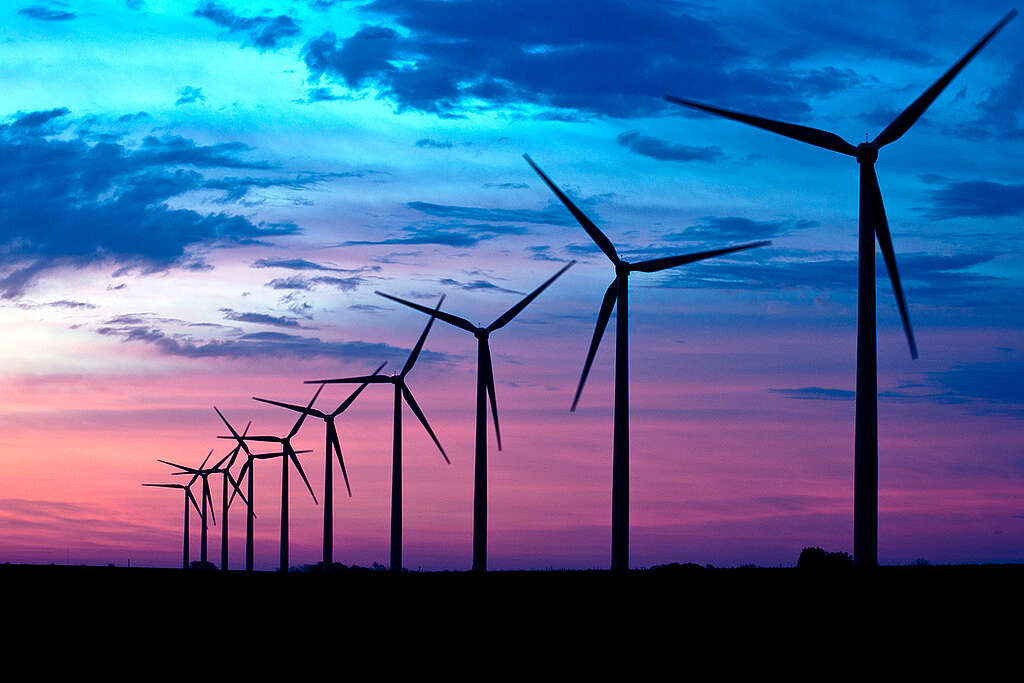
Renewable Energy
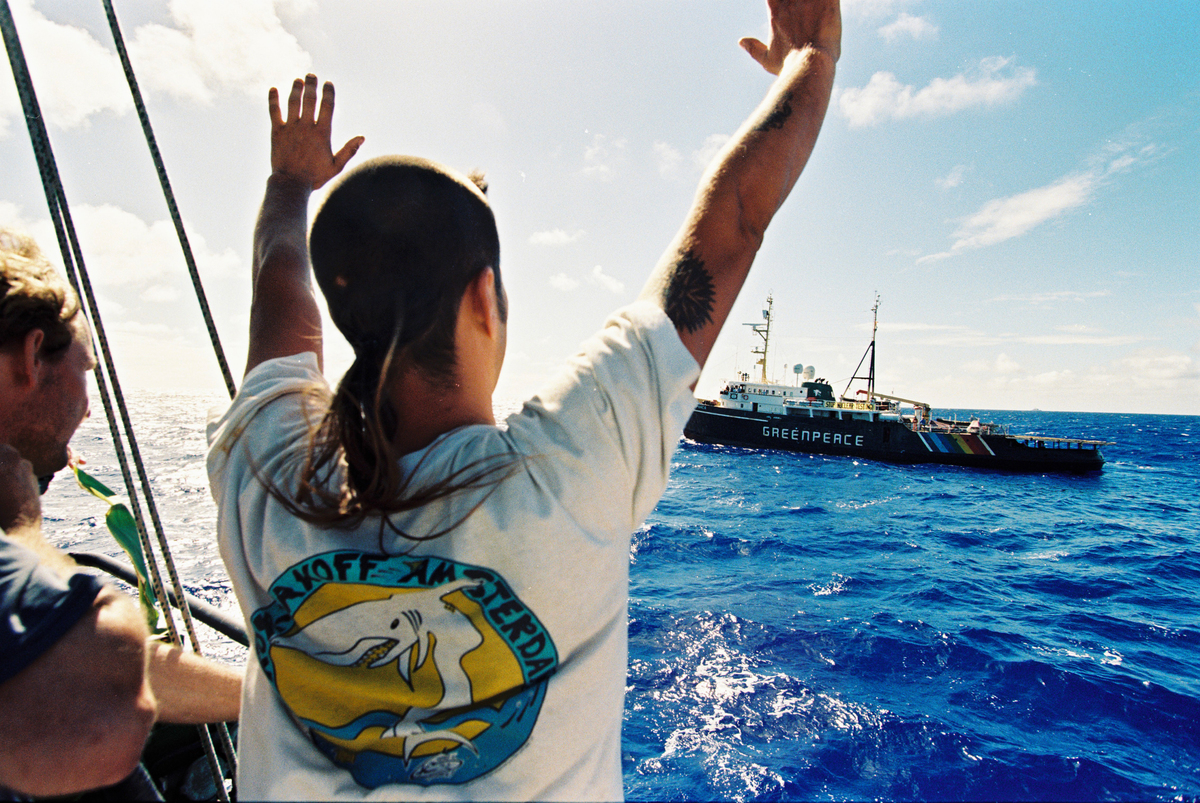
Nuclear
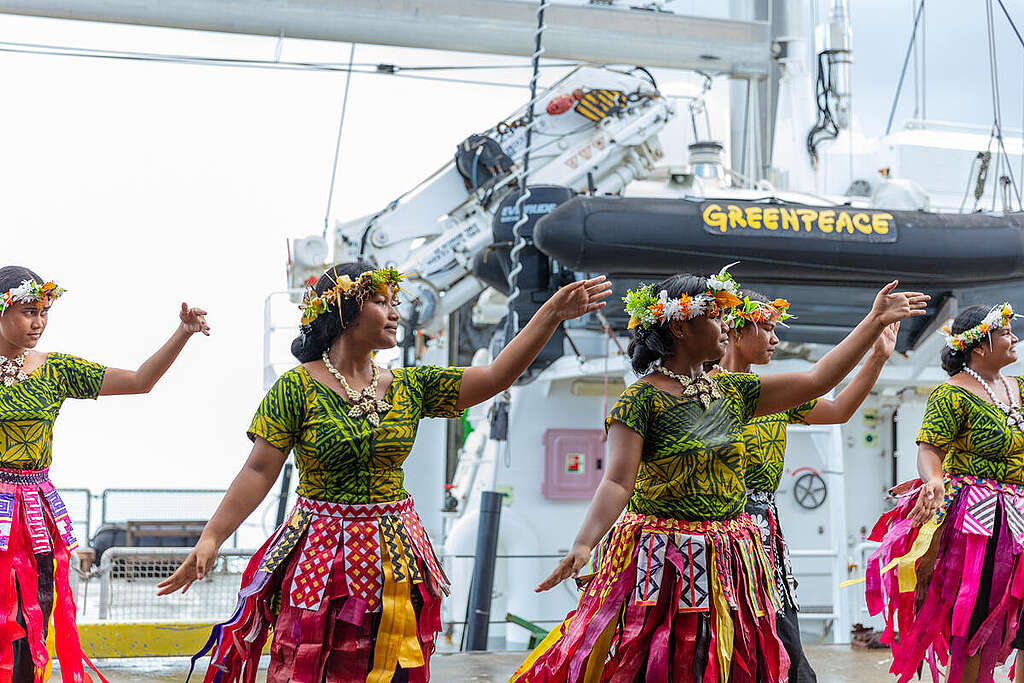
Pacific Climate Justice
Fossil Fuel Phase Out
The science is clear: we must transition away from fossil fuels at emergency speed and scale while also supporting communities most affected by climate change.
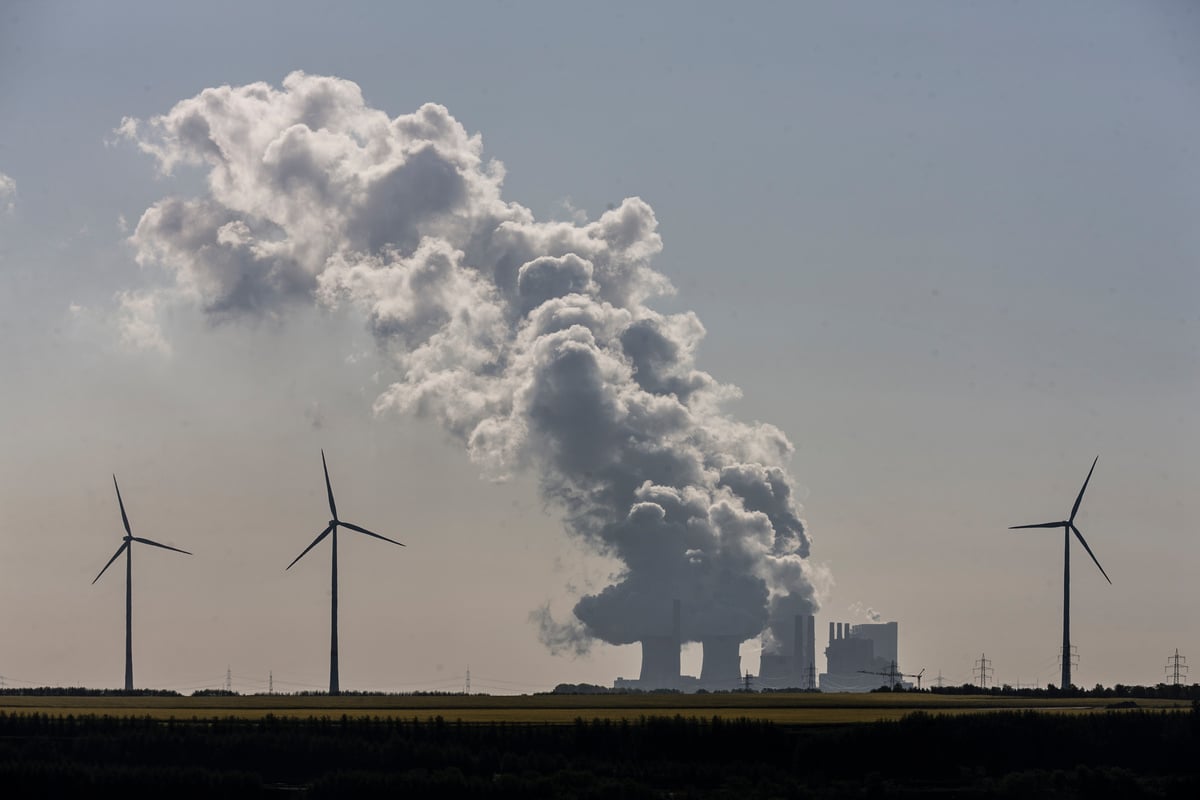
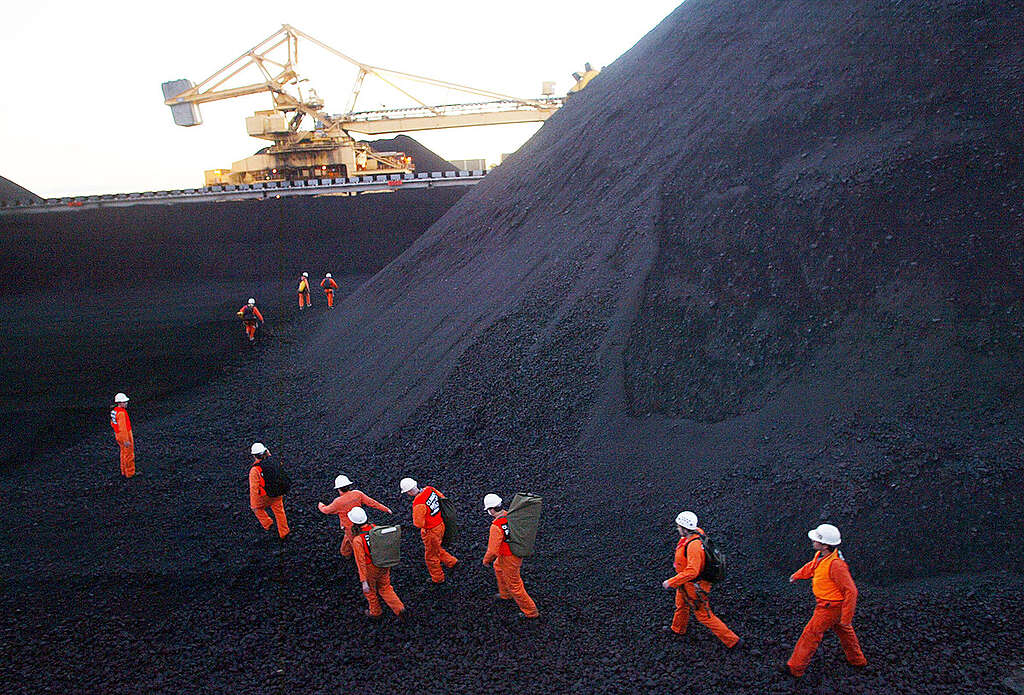
The problem
Fossil fuel corporations have known for decades that burning coal, oil and gas causes climate change. The solution – clean renewable energy – exists and is ready to go. But the fossil fuel industry and its allies have prioritised their profits over our safety and done everything they can to delay the transition to clean energy. Now we’re in a climate emergency – and we can’t afford to wait any longer.
What does Greenpeace do?
At Greenpeace Australia Pacific we tackle the biggest issues that are standing in the way of a green and peaceful future. We use peaceful protest and creative confrontation to expose the biggest environmental threats in our region and around the globe. We promote solutions and advocate for climate justice.
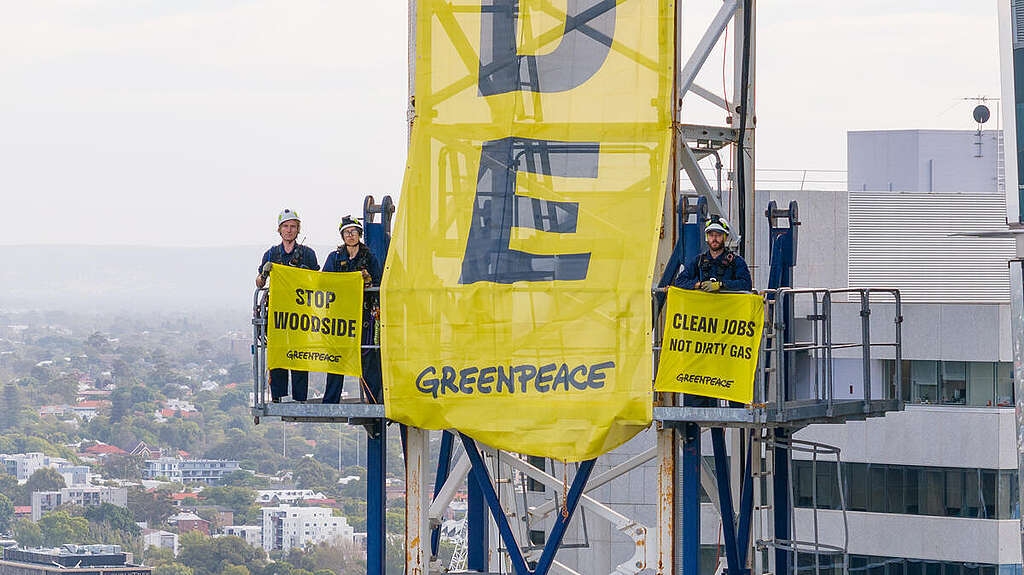
Help end the age of fossil fuels
Right now, Greenpeace is working to take on the biggest polluters and stop new coal, oil and gas projects in Australia. We’re holding corporations and governments to account, taking direct action and investigating and exposing them.
We still have time. What happens next is in our hands.
-
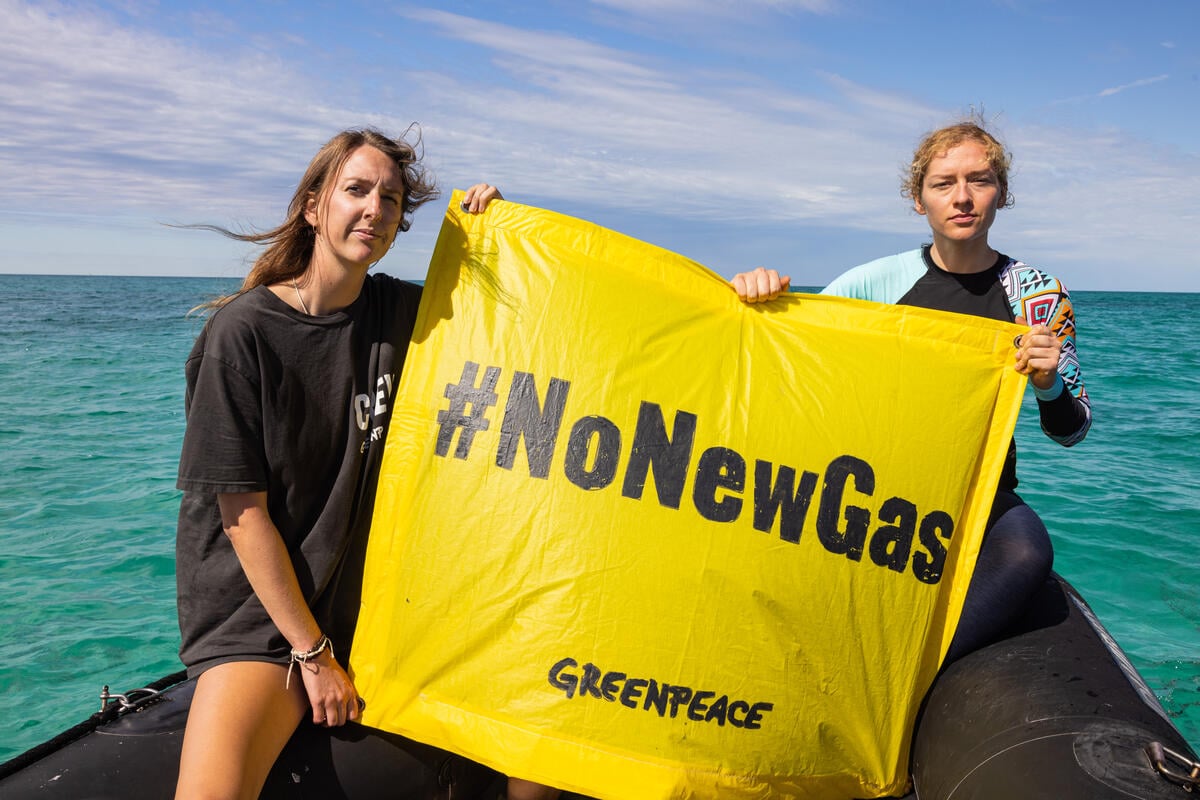
Victoria is Kicking its Gas Habit
Victoria’s new regulations are a game-changer for climate action, helping households switch off dirty gas.
-
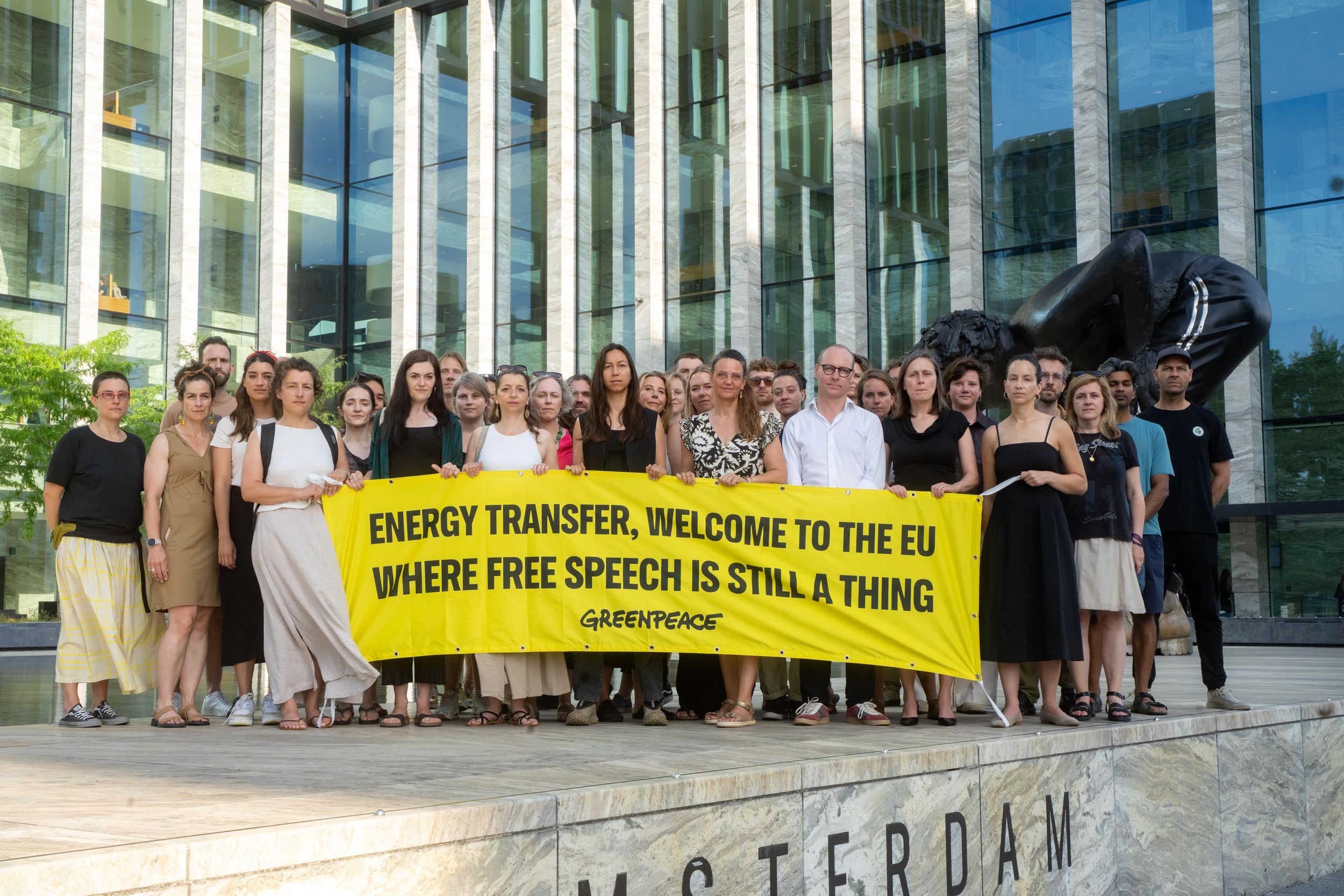
Greenpeace International begins groundbreaking anti-SLAPP case to protect freedom of speech
AMSTERDAM/SYDNEY, Wednesday 2 July 2025 – In a first, landmark test case of the European Union’s new legislation to protect freedom of expression and stop abusive lawsuits, Greenpeace International today…
-
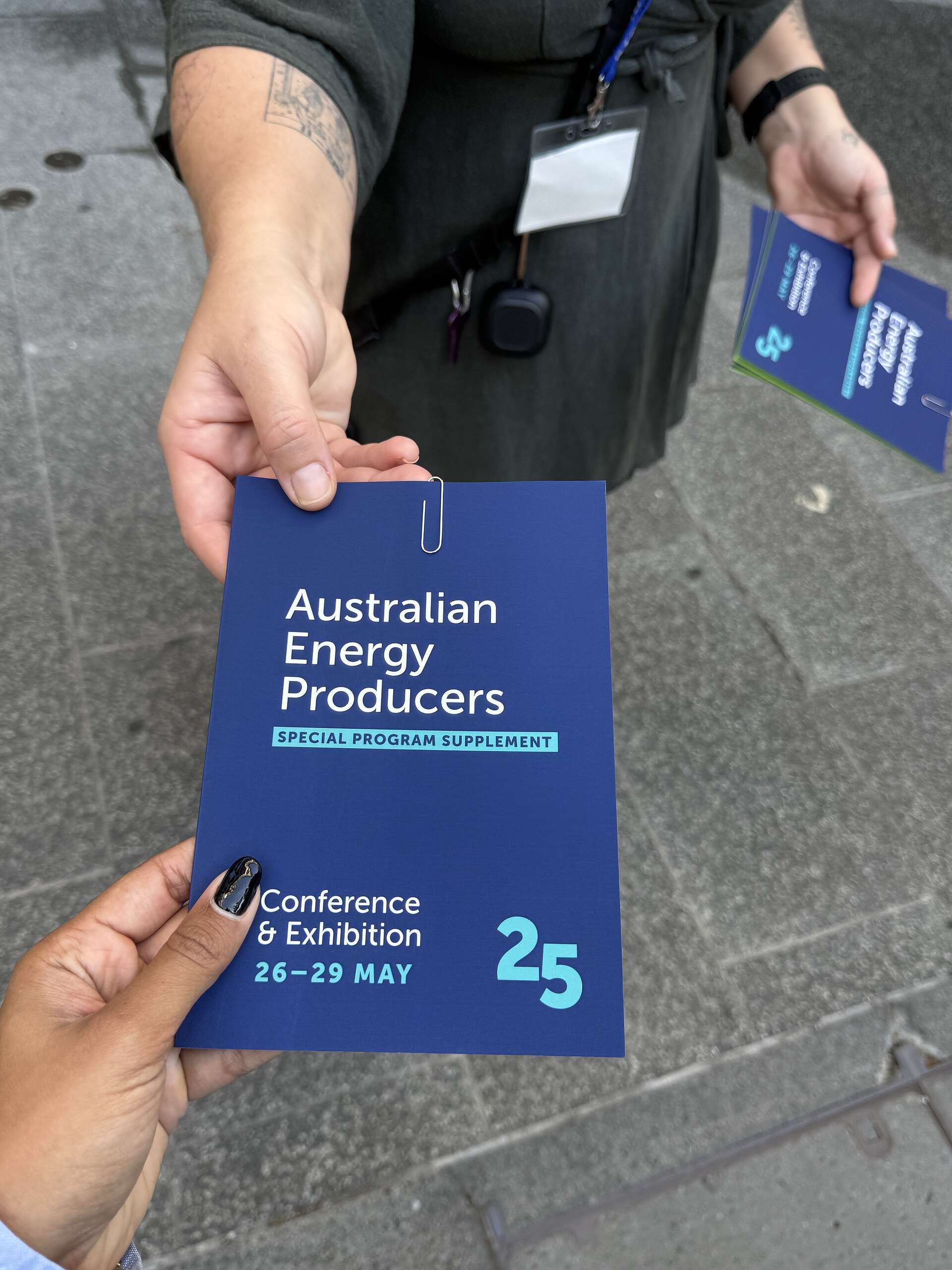
“I’m the problem, it’s me”: Australian Energy Producers and its members called out for greenwashing gas and fuelling climate change
At the end of May, the leaders of Australia’s fossil fuel extraction industry and their enablers in business and government descended on the Brisbane Convention Centre for the annual Australian…
Sources
- Source: Intergovernmental Panel on Climate Change
- Source: United Nations Climate Action
- Source: OCI Planet Wreckers Report 2023
More on fossil fuels
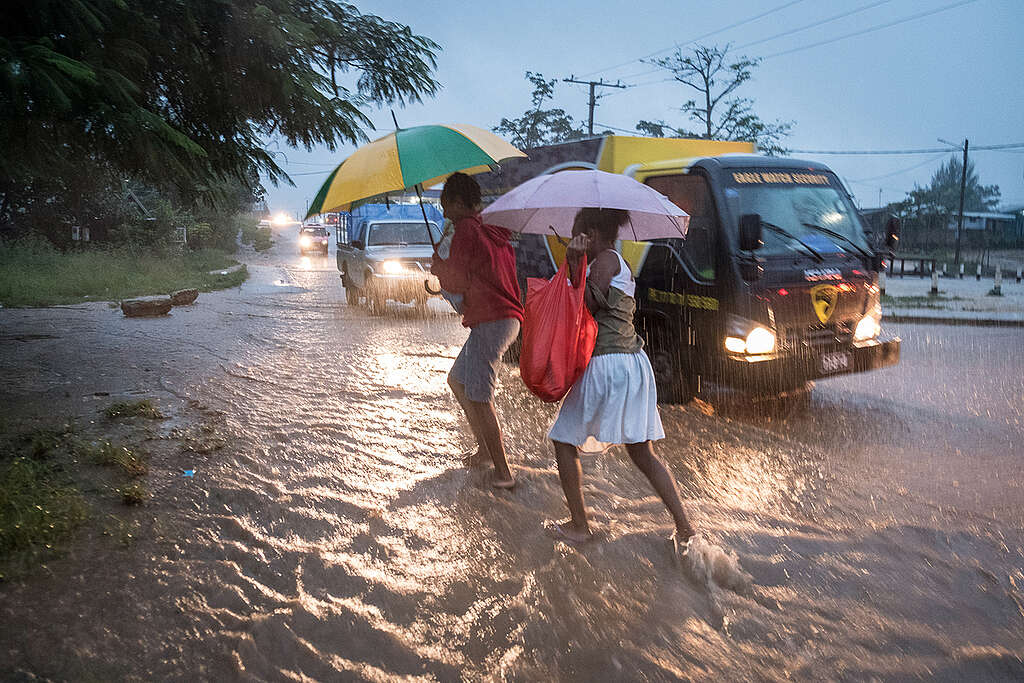
Climate Impacts
Keep informed
Together we are part of a growing, global movement determined to bring about the changes our planet desperately needs. Sign up to receive updates on our campaigns.



